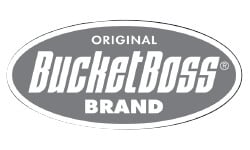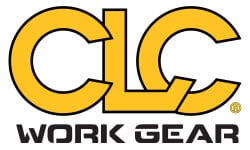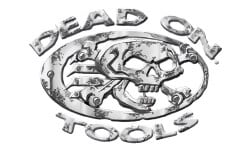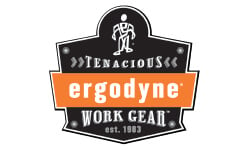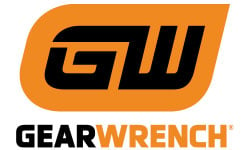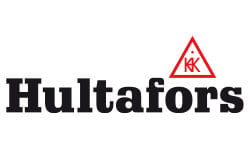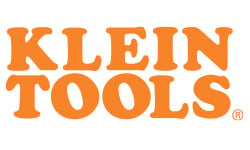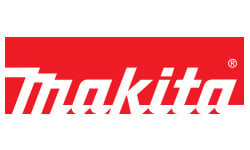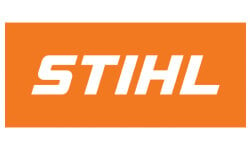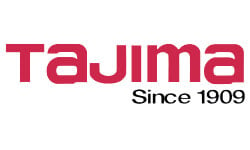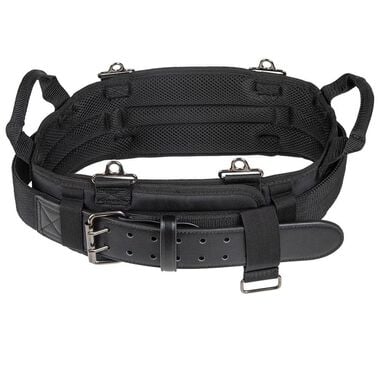New Tool Belts
354 Results-
Available to Order ✖This is an estimate only.
You will receive an email notifying you if this shipping date changes.
-
In Stock
-
In Stock
-
In Stock
-
In Stock
-
Available to Order ✖This is an estimate only.
You will receive an email notifying you if this shipping date changes.
-
Available to Order ✖This is an estimate only.
You will receive an email notifying you if this shipping date changes.
-
In Stock
-
In Stock
-
In Stock
-
In Stock
-
Available to Order ✖This is an estimate only.
You will receive an email notifying you if this shipping date changes.
-
Available to Order ✖This is an estimate only.
You will receive an email notifying you if this shipping date changes.
-
Available to Order ✖This is an estimate only.
You will receive an email notifying you if this shipping date changes.
-
Available to Order ✖This is an estimate only.
You will receive an email notifying you if this shipping date changes.
-
Available to Order ✖This is an estimate only.
You will receive an email notifying you if this shipping date changes.
-
Available to Order ✖This is an estimate only.
You will receive an email notifying you if this shipping date changes.
-
Available to Order ✖This is an estimate only.
You will receive an email notifying you if this shipping date changes.
A Buying Guide: Tool Belts at AcmeTools.com
Tool belts, pouches, and aprons are essential gear for trade professionals, providing convenience and efficiency on the job. Your type — a tool belt, apron, or pouch — should correspond to your specific trade needs. For instance, electricians favor smaller, lightweight belts with organized pouches, while carpenters and construction workers opt for larger belts equipped with spacious pouches and often suspenders to distribute weight. These larger belts, especially carpenter tool belts, accommodate bulkier items like a multitude of nails and various hand tools.
The composition of a tool belt should align with a professional’s specialization. Electricians typically need pouches for items like wire strippers, voltage testers, and multimeters, while carpenters’ belts might house moisture meters, squares, and marking tools. Despite these differences, certain fundamental tools are common across all professions, such as hammers, screwdrivers, pliers, tape measures, utility knives, and levels. These basic items form the core of any well-equipped tool belt, ensuring preparedness for various situations on the job.
The primary advantage of using a tool belt is its enhanced efficiency. Professionals can carry various tools by customizing the belt or apron with various pouches, eliminating frequent, time-consuming trips to retrieve items from a toolbox or truck. This accessibility streamlines the work process and boosts overall productivity, as the necessary tools are always within arm's reach, making the job smoother and more efficient. The right tool belt extends a tradesperson's work routine, tailored to make their specific tasks more manageable.



